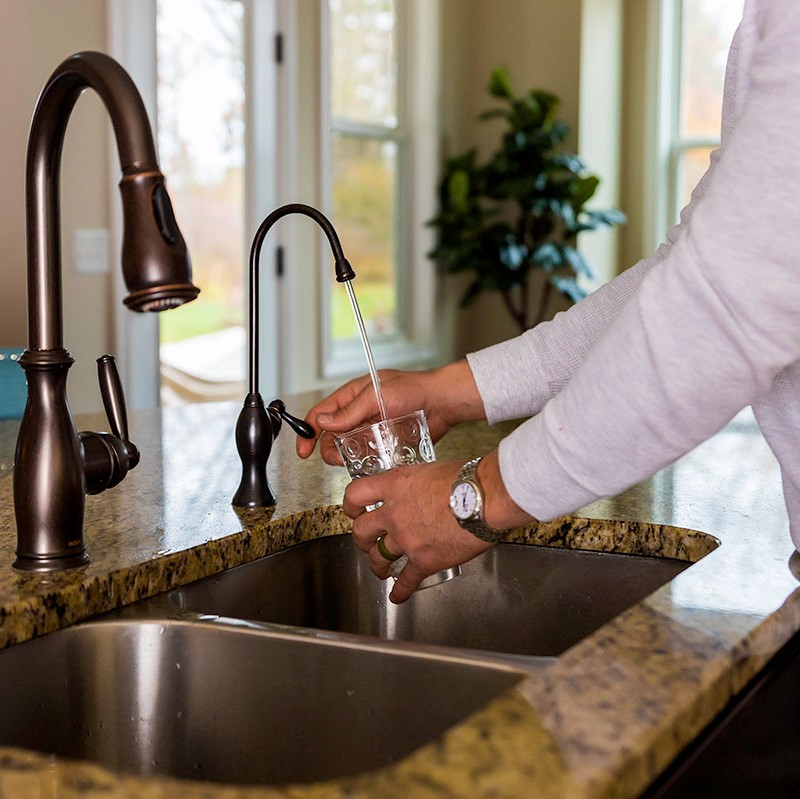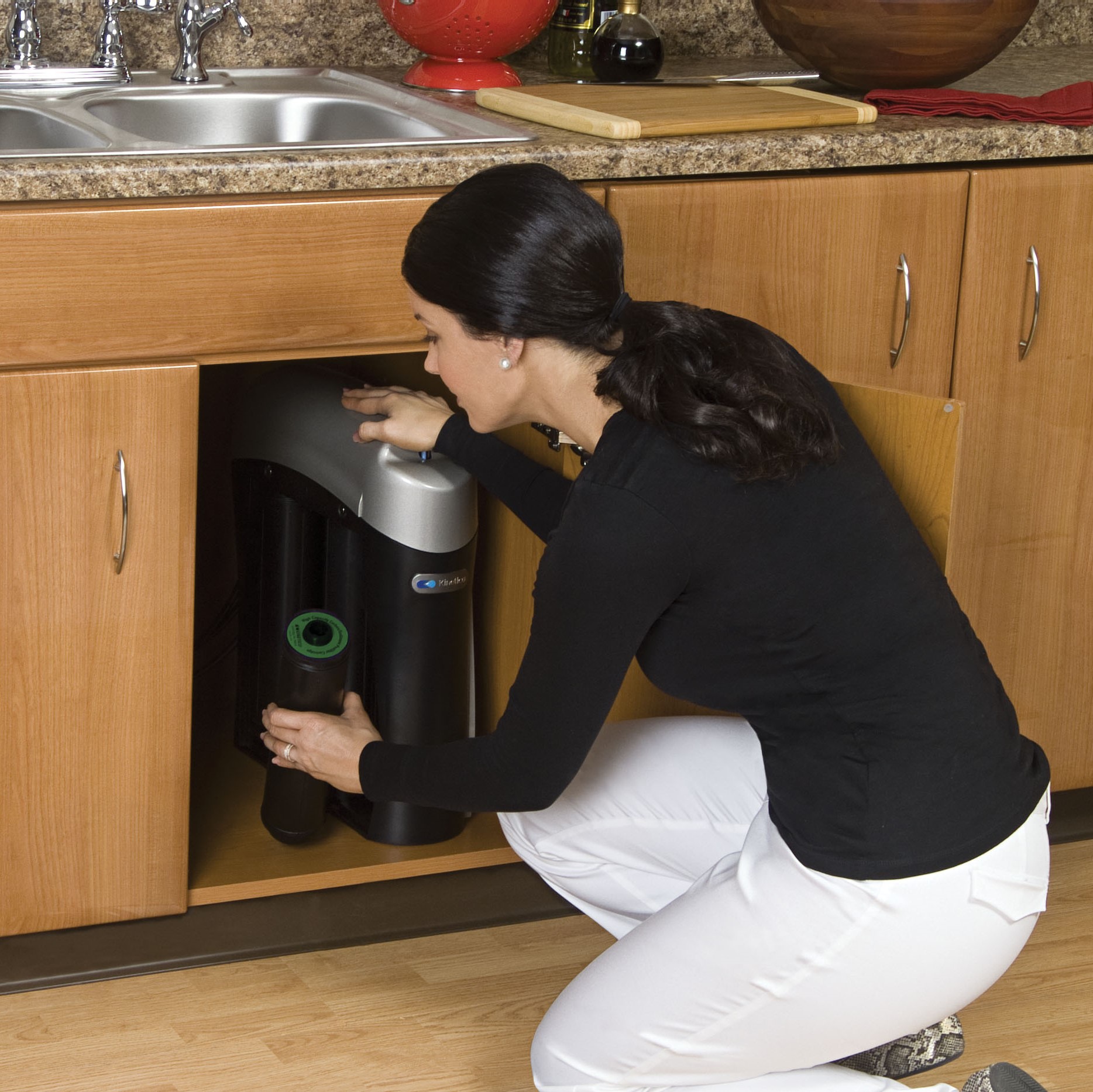Chloramine
 Most public water systems in the U.S. use chlorine to kill harmful bacteria and viruses, including salmonella, norovirus, and campylobacter in the drinking water. Free chlorination has been a standard chemical disinfection practice for more than a century. However, to meet new Federal and State water quality regulations under the Safe Water Drinking Act, over 30 Florida municipalities, including the City of Port St. Lucie, are adding chloramine to their chemical disinfection process to reduce the formation of trihalomethanes (THMs), a suspected carcinogen, that is produced when chlorine interacts with dissolved organic substances.
Most public water systems in the U.S. use chlorine to kill harmful bacteria and viruses, including salmonella, norovirus, and campylobacter in the drinking water. Free chlorination has been a standard chemical disinfection practice for more than a century. However, to meet new Federal and State water quality regulations under the Safe Water Drinking Act, over 30 Florida municipalities, including the City of Port St. Lucie, are adding chloramine to their chemical disinfection process to reduce the formation of trihalomethanes (THMs), a suspected carcinogen, that is produced when chlorine interacts with dissolved organic substances.
Chloramine water treatment
Municipal water treatment plants produce a specific type of chloramine called monochloramine by mixing chlorine with a small amount of ammonia. Chloramine has been in use in Florida water disinfection for over 20 years. Public water treatment plants can use chloramine as a secondary chemical disinfectant or switch back and forth between chlorine and chloramine.
Is chloramine water safe to drink?
Public water utilities are required to ensure their water is safe to drink. However, that doesn’t mean it is free of chloramine or other chemicals. According to the Centers for Disease Control and Prevention (CDC), a normal level of 1.0 milligrams per liter to 4.0 milligrams per liter of chloramine in drinking water is considered safe to drink. Elevated amounts of chloramines can produce a strong ammonia odor.
Chloramine Vs. Chlorine
Unlike chlorine that dissipates quickly, chloramines remain active longer, and there may be some residual amounts in your tap water and plumbing. Although city water systems monitor chloramine to ensure the water is safe, kidney dialysis patients and aquarium owners need to avoid using water containing chloramine.
Kidney Dialysis Patients and Chloramine
Chloramines can be harmful if it enters the bloodstream. As a result, patients on kidney dialysis should use a water purification system that removes chlorine and chloramine
from the water.
Aquarium Fish
Tap water containing chloramines and chlorine is toxic to fish and aquatic animals, including frogs and snakes. If you have an aquarium, use a water filtration system that removes these chemicals from the water.
How do I know if my water has chloramine?
There are two ways to determine if your drinking water is treated with chloramine. Public water systems are required to publish a Consumer Confidence Report that will indicate the drinking water disinfection that is in use. A more reliable option is to obtain a water test. Our test will reveal the levels of chlorine, chloramine, and other chemicals and impurities that are currently in your tap water.
 Remove Chloramine in Your Water
Remove Chloramine in Your Water
Life is better with clean, clear, and healthy water from Atlantic Coast Water Clinic. We have water filtration and purification systems that remove chloramine in water in Southeast Florida, including Jensen Beach, Lakewood Park, Indiantown, Hobe Sound, Ft. Pierce, and communities throughout Indian River, St. Lucie, and Martin Counties. Contact a professional, trained water specialist today!
Get a Free Analysis & Quote from Atlantic Coast Water Clinic for any of our solutions. Call (772) 283-4767 or use our online form at the top of the page.


 772-283-4767
772-283-4767